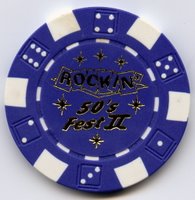GERIATRICS
 Geriatrics is the name for one of the branches of medicine, the study of the tribulations of aging people. It includes consideration of mental and emotional problems as well as the corporal side of aging.
Geriatrics is the name for one of the branches of medicine, the study of the tribulations of aging people. It includes consideration of mental and emotional problems as well as the corporal side of aging.Coined from the Greek word geras (old age) and the joining form –iatrics (dealing with sickness), it is the old-age equivalent of pediatrics, from the Greek pais, paidos (a child) and the similar suffix.







